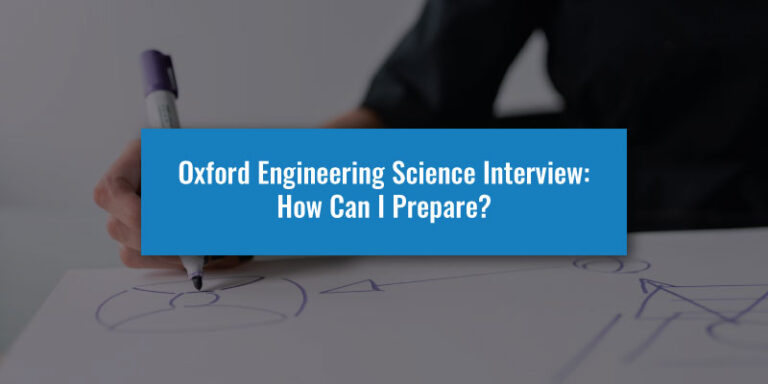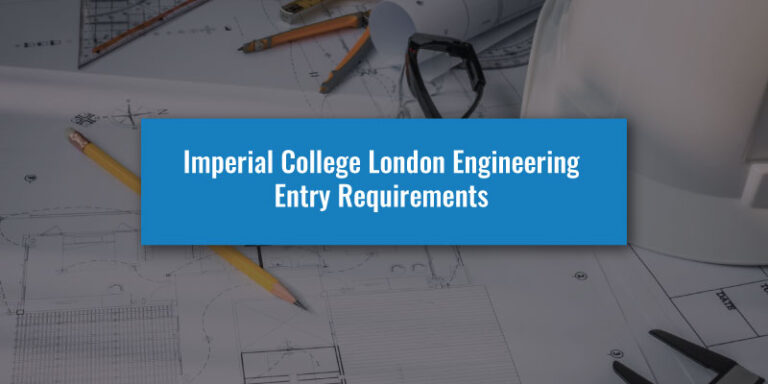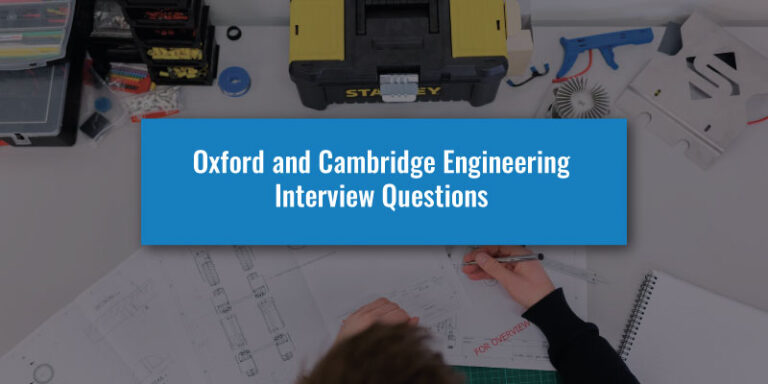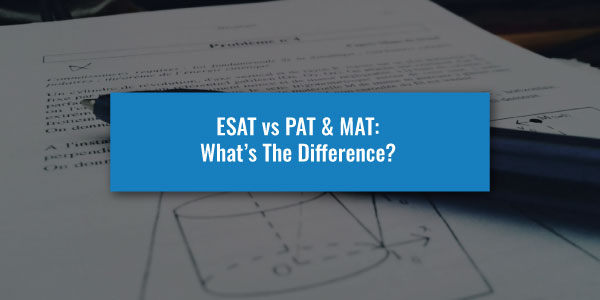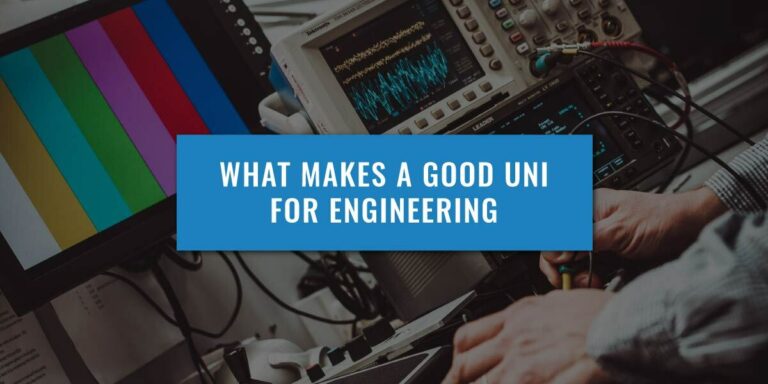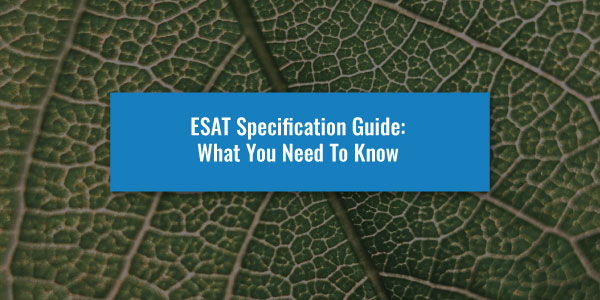This is Christiana’s experience of a Downing College Cambridge Engineering Interview in 2009 – if you’re applying for Engineering at Cambridge then this will be a great indicator to what you need to think about when it comes to your engineering interview.
The interview took place at the college. It had 3 parts. Part 1 was a multiple-choice test on the computer, for reasoning, logic and understanding.
Then I had 2 interviews, each with 2 professors from the college. Both had maths and physics problems to solve on the spot, given a piece of paper and pencil. The interviewers were more interested in the way I approach the questions and the thinking process rather than the answers itself being correct. they would give advice and feedback if I made a mistake.
The interview was formal, but in a friendly environment.
Each part of the interview was about 30 minutes to 1 hour long. The computer test was more like an IQ test with logic, patterns, and reasoning multiple-choice questions.
The first interview involved simple maths and physics questions, like integration and differentiation, kinetics questions such as Newton’s law F=ma, and some applied logic questions such as “I have two guns. one has a longer barrel. Which one will shoot furthest?”.
The second interview had one maths and one physics question, but a bit more complicated than A-Level standard). I was asked to plot a graph quickly, that involved fractions, powers and exponential, so I had to apply graph-logic. The second one was about physics, specifically electromagnetism.
The college had informed me of the format of the interview process (i.e. computer test and two interviews) beforehand, so I was expecting it to be in this way. See my answer above for memorable questions.
What surprised me was the fact it was in a relaxed manner, or at least I didn’t feel stressed.
I don’t think I would do anything differently. I would suggest you revise your maths and physics before travelling to Cambridge, but otherwise leave the book at home, so you arrive there without carrying anything to weigh you down (having the books with you will stress you out because you will feel you need to give book-answers).
Instead, trust in yourself that you know your material very well – after all you have already been invited for an interview! – and make sure when you answer the questions you are relaxed and approach the problems from the basics.
Tell them exactly what you are doing at each step when you are solving the problems and ask for help if you are stuck – this is perfectly acceptable as during your degree you will be expected to work in groups and trust that other people may know the answers to questions you are having.
I think this is a great opportunity to show how you think independently, especially if you come from an A-Level background where the exams are so standardised that it is actually difficult to stand out.
Take the opportunity to show them who you are and what you can do with the knowledge you have. Be relaxed. They want to see how you deal when you are under pressure, and when faced with something you haven’t seen before. That’s engineering after all.
Be confident, but not arrogant. Be relaxed during the interview, and think out loud. It is all about how you approach the problem in order to find a solution, rather than providing them with the right answer (they know that already!).

